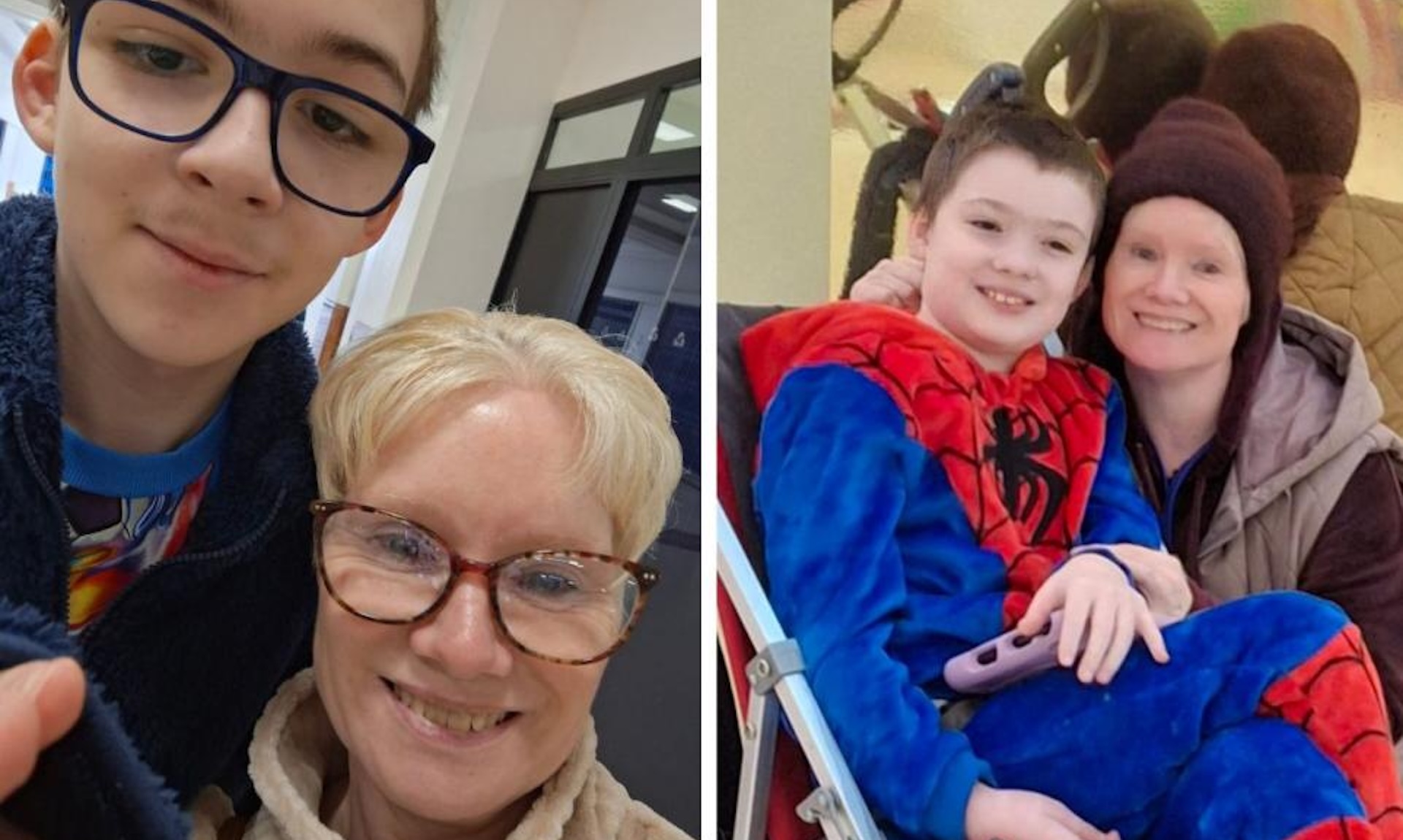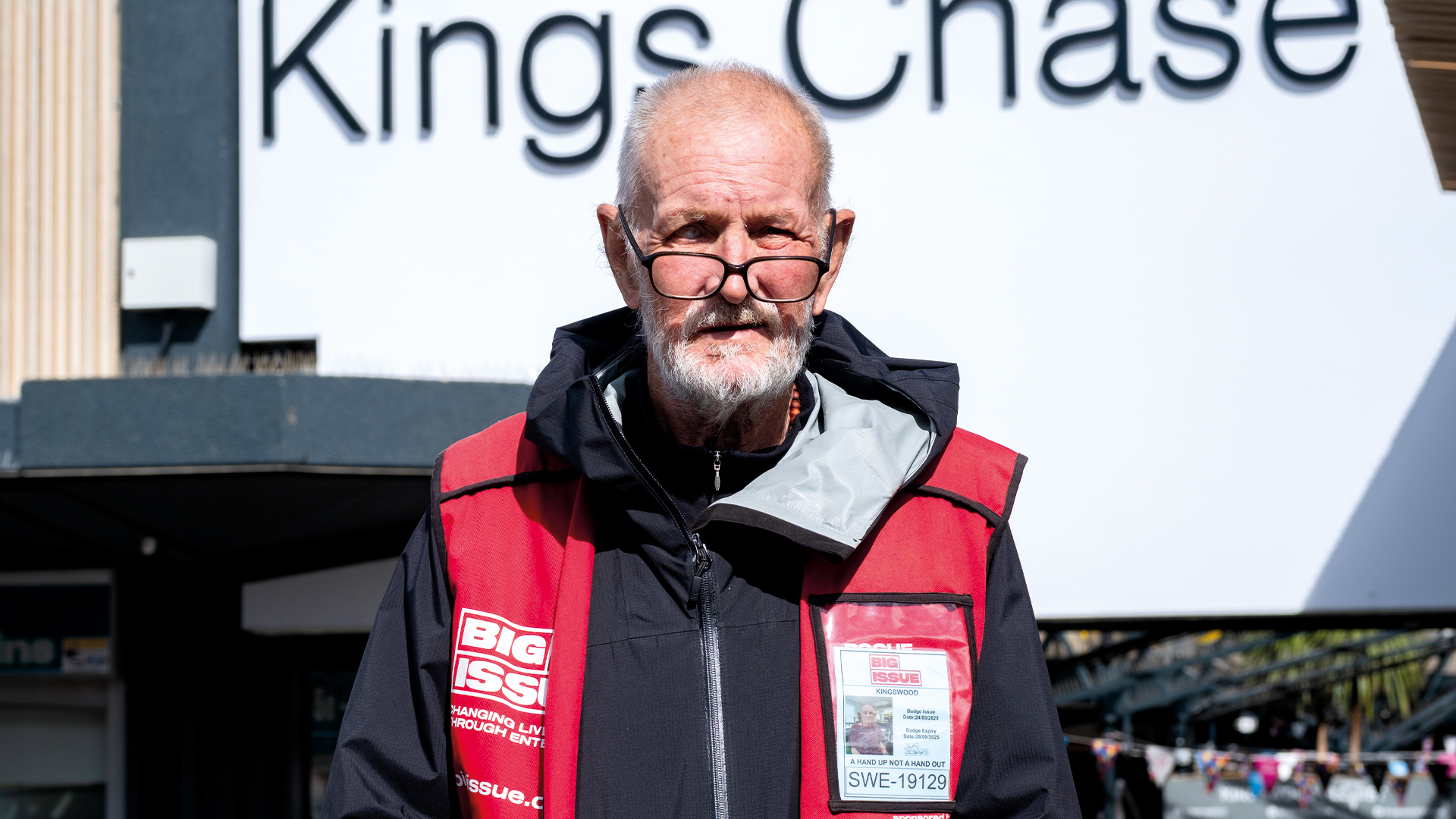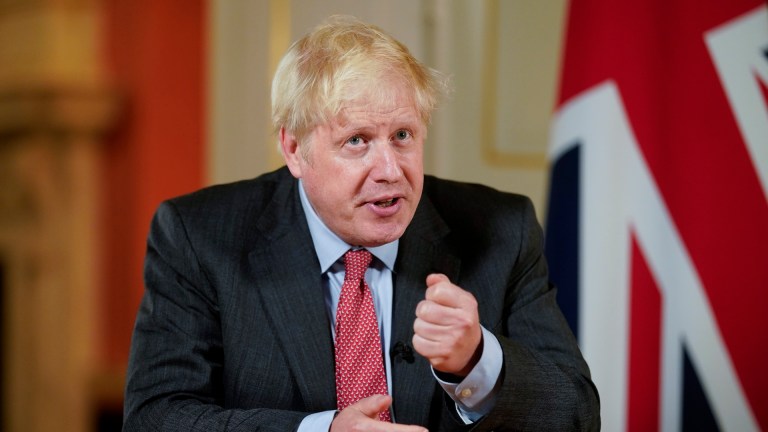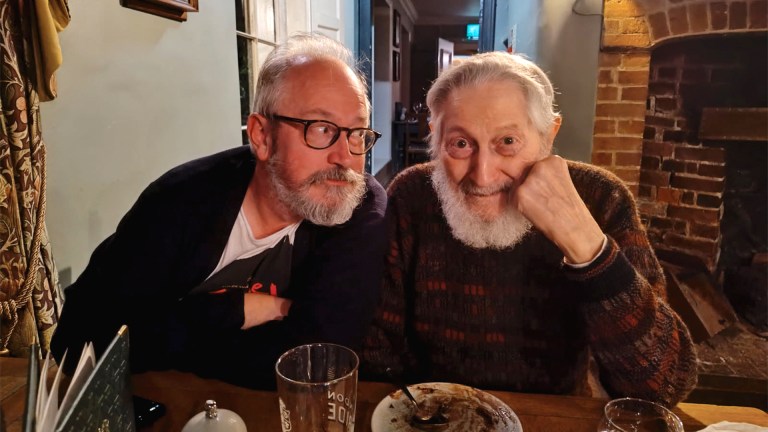In the chancellor’s Spring Statement earlier this year, changes to disability-related benefits made the headlines. The government set out plans to cut the health element of universal credit, which is financial support if you have a health condition or disability that limits how much work you can do. They also planned to tighten eligibility for personal independence payments (PIP), financial support that disabled people over 16 receive to help with the extra living costs of being disabled.
These proposals made many of us deeply anxious about the future. I became so stressed that I had a panic attack and had to be taken to A&E. I have a heart condition and take medication for an irregular heartbeat – it was a terrifying experience.
The government was forced into some eleventh-hour concessions on its proposed welfare reforms, but axing the health element of universal credit for young disabled people has never been ruled out. The threat still looms large over me and my family.
When the boys turn 16 we’d look into applying for this benefit – also known as the LCWRA – for them. But if government proposals go ahead, the boys wouldn’t be able to claim this benefit until they turn 22, missing out on £2,600 a year of support compared to what current claimants receive.
My boys depend on me, and will continue to into adulthood, so the money we receive in welfare benefits means everything to us. If the government takes that away, it wouldn’t just be difficult – it would be impossible.
Sometimes I don’t think the public realises how much more life costs when you’re disabled. We shoulder significant extra costs; for my family it can be everything from hand gel for Sam’s obsessive compulsive disorder, to specialist clothing for Ben. In our house, these extra costs are a necessity – just like bread and milk. It’s so important to our lives and to my sanity that we have enough in the pot for this.
Disabled families like mine are more likely to be in poverty or struggling financially. Research from the national disability charity Sense shows that two in five parents of disabled children cannot properly heat their homes in winter, and the same proportion are skipping meals so their child can eat. This is unacceptable in modern Britain – yet it continues. I’d hoped the chancellor’s budget could have helped address this, but despite announcements on savings to energy bills, when other costs keep going up, I fear it won’t be enough.
There’s also a lack of investment in key public services – like the social care and special educational needs and disabilities (SEND) system that so many disabled people rely on. This, combined with uncertainty around potential future cuts, fills me with dread and panic.
I want the government to understand that for some parents of disabled children with complex needs, day-to-day life is traumatic. We’re just coping and surviving. I wish the chancellor had used this budget to recognise these huge challenges and provide more support. The very least they could do is rule out future cuts, so life doesn’t become even harder for young disabled people with complex needs, like my boys.
You can act now and support Sense as it campaigns to stop financial support for young disabled people being cut. Find out more here.
Do you have a story to tell or opinions to share about this? Get in touch and tell us more.
Change a vendor’s life this Christmas.
Buy from your local Big Issue vendor every week – or support online with a vendor support kit or a subscription – and help people work their way out of poverty with dignity.





